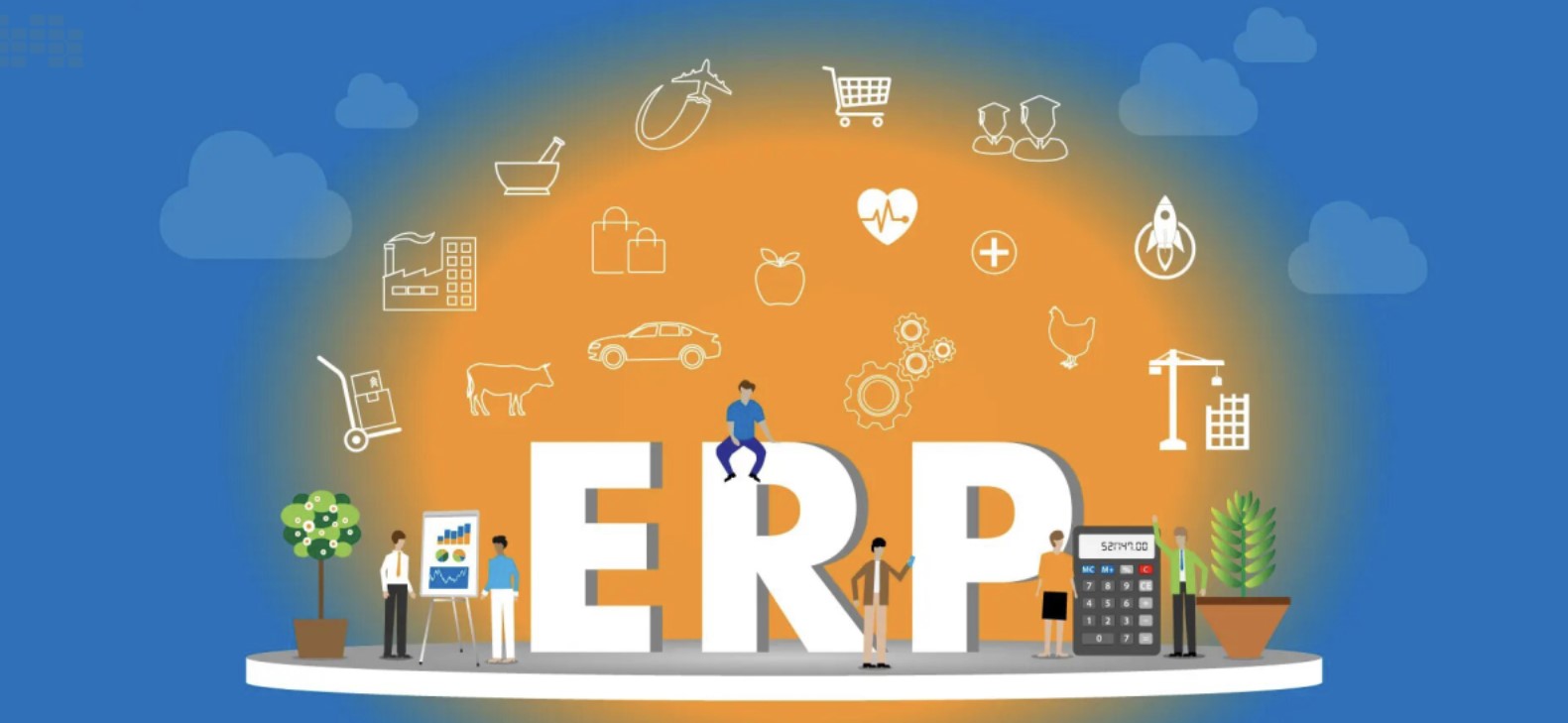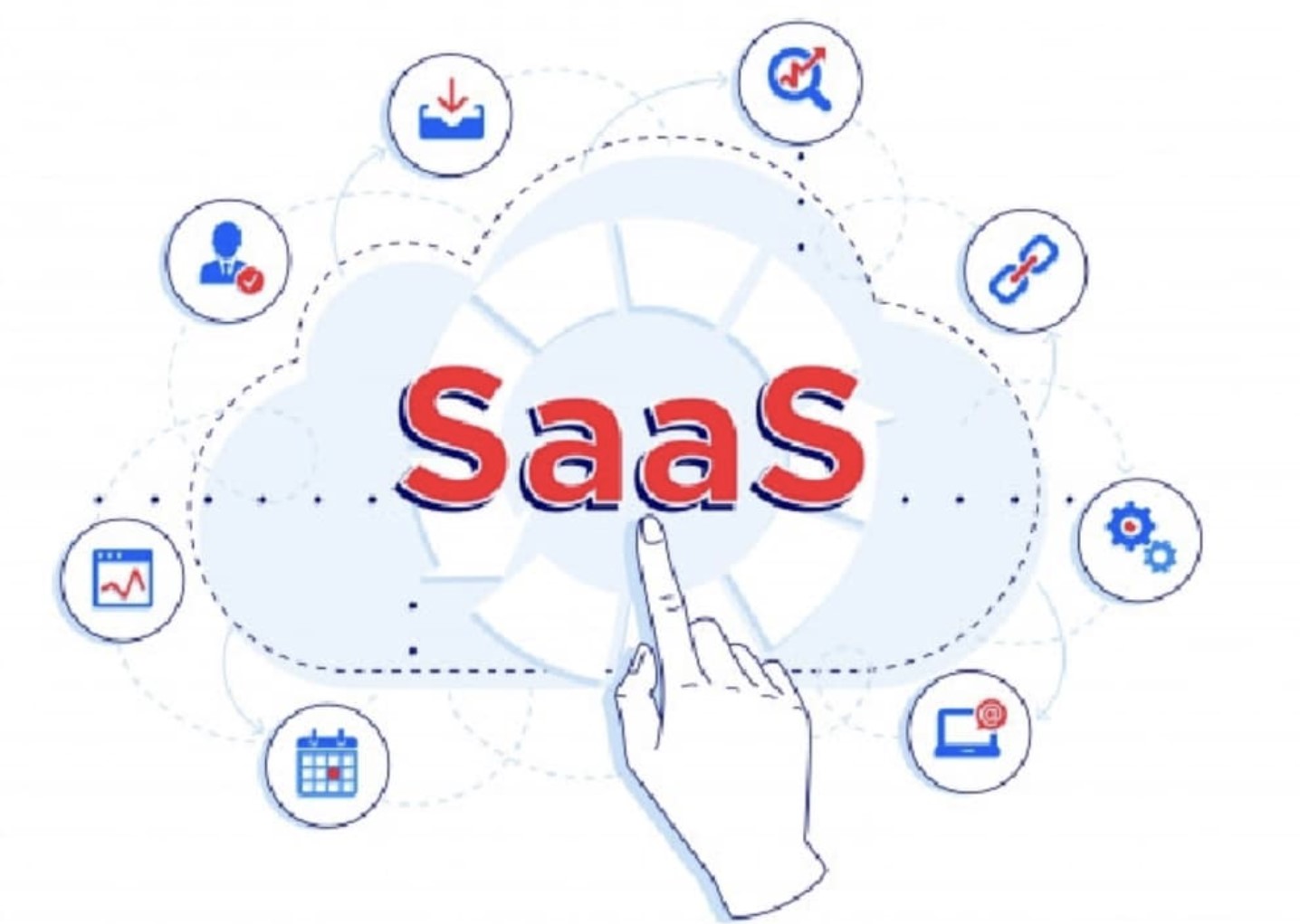In the fast-paced world of modern business, efficiency and organization are paramount for success, regardless of a company’s size. Small businesses, in particular, face unique challenges in managing their operations effectively while striving for growth and profitability. This is where Enterprise Resource Planning (ERP) systems come into play, offering comprehensive solutions to streamline processes and drive productivity. Let’s delve into the realm of ERP for small businesses, understanding its significance, implementation, and future trends.

Introduction to ERP for Small Businesses
ERP, short for Enterprise Resource Planning, refers to a suite of integrated applications that help businesses manage and automate their core processes, such as finance, human resources, inventory, and customer relationship management (CRM). While traditionally associated with large corporations, ERP systems have evolved to cater to the needs and budgets of small and medium-sized enterprises (SMEs).
Understanding ERP Systems
What is ERP?
ERP systems consolidate various functions into a single platform, providing real-time visibility and control over key business activities. By integrating data and processes across departments, ERP software enables seamless communication and collaboration within an organization ERP stands for Enterprise Resource Planning. It refers to a type of software system that integrates various core business processes, such as accounting, inventory management, human resources, and customer relationship management, into a unified platform. ERP systems streamline operations by providing real-time data and insights, enabling organizations to make informed decisions, optimize workflows, and improve overall efficiency. They facilitate communication and collaboration across different departments, leading to better coordination and productivity within an organization.
Components of ERP
Typical components of an ERP system include modules for accounting, inventory management, supply chain, sales, marketing, and human resources. These modules can be customized or configured to align with specific business requirements One of the key features of ERP systems is the centralization of data. Instead of having data scattered across multiple systems and departments, ERP components store all relevant information in a single database. This not only reduces data redundancy but also ensures data consistency and accuracy.
Importance of ERP for Small Businesses
The adoption of ERP systems offers numerous benefits for small businesses One of the primary benefits of ERP for small businesses is streamlined operations. By integrating various business processes into a single system, ERP software eliminates the need for manual data entry and reduces the risk of errors. This streamlining of operations improves efficiency and productivity, allowing small businesses to accomplish more with fewer resources ERP systems automate repetitive tasks and provide real-time access to critical business information. This improved efficiency enables small businesses to respond quickly to customer inquiries, manage inventory more effectively, and make better-informed decisions. With ERP, small businesses can optimize their workflows and allocate resources more efficiently, ultimately saving time and money.
Streamlining Business Processes
ERP software automates repetitive tasks, reduces manual errors, and accelerates workflows, allowing small businesses to operate more efficiently and competitively Small businesses often operate in fast-paced environments where decisions need to be made quickly. ERP systems provide valuable insights through advanced reporting and analytics tools, enabling small business owners to make informed decisions based on real-time data. Whether it’s identifying trends, forecasting demand, or tracking key performance indicators, ERP software empowers small businesses to stay agile and competitive in their respective industries.
Improved Data Management
Centralized data storage and standardized processes ensure data accuracy and consistency, facilitating better decision-making and strategic planning As small businesses grow, they need scalable solutions that can adapt to their changing needs. ERP systems are designed to grow with businesses, allowing them to add new users, modules, and functionalities as needed. This scalability ensures that small businesses can continue to benefit from their ERP investment as they expand their operations and customer base.
Enhanced Decision Making
Access to real-time insights and analytics empowers small business owners to make informed decisions quickly, based on accurate information and trends.
Choosing the Right ERP for Small Businesses
Selecting the appropriate ERP solution is crucial for small businesses to maximize ROI and achieve long-term success:
Identifying Business Needs
Prioritize features and functionalities that align with your business goals and operational requirements, avoiding unnecessary complexity or overinvestment.
Scalability and Flexibility
Choose an ERP system that can grow and adapt with your business, accommodating changes in size, scope, and industry dynamics over time.
Cost Considerations
Evaluate the total cost of ownership (TCO), including upfront licensing fees, implementation costs, ongoing maintenance, and support expenses. Look for scalable pricing models and consider cloud-based solutions to minimize upfront investment.
Implementation of ERP Systems
Successful implementation of an ERP system involves several key phases:
Planning Phase
Define project goals, establish a project team, conduct thorough requirements analysis, and develop a detailed implementation plan, including timelines, milestones, and resource allocation.
Execution Phase
Deploy the ERP system according to the implementation plan, configure settings, migrate data, conduct testing, and train users to ensure a smooth transition.
Training and Support
Provide comprehensive training and ongoing support to users at all levels, addressing any issues or concerns promptly to maximize user adoption and satisfaction.
Common Challenges in ERP Implementation for Small Businesses
Despite its benefits, ERP implementation can pose challenges for small businesses:
Resistance to Change
Employees may resist adopting new processes or technologies, fearing job displacement or disruptions to familiar workflows. Effective change management strategies and communication are essential to overcome resistance and foster buy-in.
Integration Issues
Integrating ERP systems with existing software or legacy systems can be complex and time-consuming, requiring careful planning and technical expertise to ensure seamless interoperability.
Budget Constraints
Limited financial resources may pose barriers to ERP adoption for small businesses. Prioritize essential features and explore flexible financing options or subscription-based models to align with budgetary constraints.
Success Stories of ERP Implementation in Small Businesses
Numerous small businesses have reaped the rewards of ERP implementation:
- Case Study 1: A family-owned manufacturing company increased production efficiency by 30% after implementing an ERP system, resulting in significant cost savings and improved customer satisfaction.
- Case Study 2: A boutique retailer streamlined inventory management and order processing with an ERP solution, reducing stockouts and enhancing sales performance.
Future Trends in ERP for Small Businesses
As technology continues to evolve, the future of ERP holds exciting possibilities:
Cloud-based Solutions
Cloud-based ERP platforms offer scalability, flexibility, and accessibility, enabling small businesses to leverage enterprise-grade software without the need for substantial upfront investment in hardware or infrastructure.
Artificial Intelligence Integration
Integration of artificial intelligence (AI) and machine learning (ML) capabilities into ERP systems enables advanced analytics, predictive insights, and automation of routine tasks, further enhancing efficiency and decision-making.
Conclusion
In conclusion, ERP systems play a pivotal role in empowering small businesses to streamline operations, improve productivity, and achieve sustainable growth. By investing in the right ERP solution and overcoming implementation challenges, small business owners can position themselves for success in an increasingly competitive marketplace.
Pcode Show:



